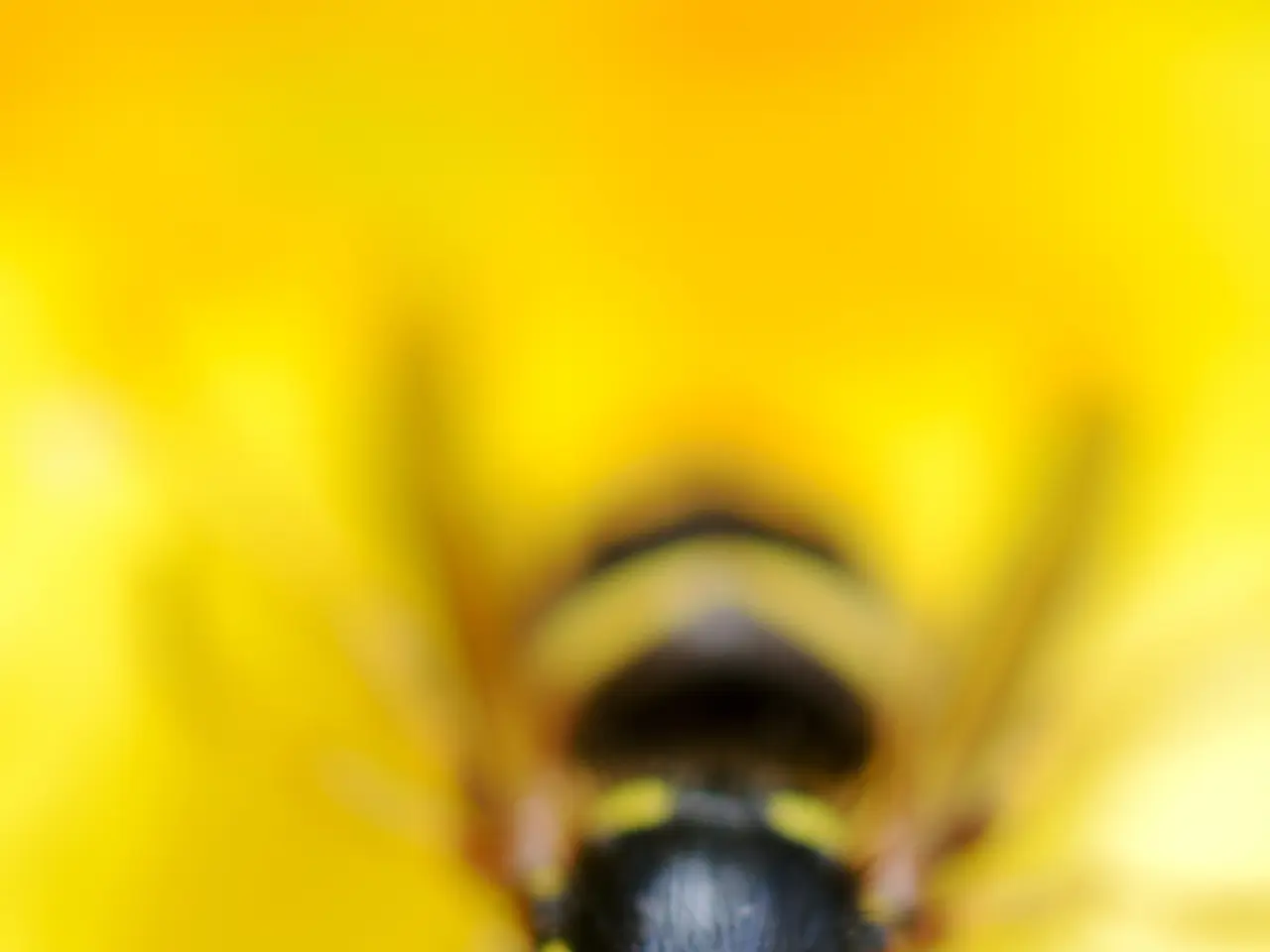Understanding Yellow Fever: A Comprehensive Guide
In recent times, several African and South American countries have reported cases of yellow fever, making it crucial for travellers to take necessary precautions. Here's a guide to help you stay safe.
The yellow fever vaccine is available at travel clinics, health departments, and some primary care providers. This vaccine is recommended for travellers to areas where yellow fever is endemic, such as parts of Africa and South America. It's also advised for individuals living in or near endemic regions, and for laboratory personnel who work with the virus.
While the yellow fever vaccine is generally safe, it's essential to consult with a healthcare provider before vaccination. Common side effects include fever, headache, muscle pain, fatigue, and injection site reactions (redness, swelling). Serious side effects are rare but can occur, so discussing any concerns with your healthcare provider before vaccination is crucial.
To minimise the risk of yellow fever, avoid mosquito bites. Use insect repellent containing DEET on exposed skin, wear long-sleeved shirts and long pants, especially during peak mosquito activity times, and stay in accommodations with air conditioning or screened windows and doors. Reducing mosquito populations around your home or accommodation can also lower your risk of bites. This can be achieved by removing standing water from containers, tires, and other areas where mosquitoes breed, keeping gutters clean and free of debris, and using larvicides in water bodies that cannot be drained.
In some cases, other vaccinations may be recommended alongside the yellow fever vaccine, especially if you are travelling to multiple countries. Consult your healthcare provider for personalized advice. It's also advisable to consider additional vaccinations to ensure comprehensive protection for your travels.
Stay informed about yellow fever outbreaks in your destination by checking the CDC and WHO websites for updates on yellow fever activity worldwide. By taking these precautions and ensuring you are vaccinated, you can significantly reduce your risk of contracting yellow fever and enjoy your travels with peace of mind!
The yellow fever vaccine is typically administered as a single dose, offering protection for up to 10 years or longer. It's a live attenuated vaccine, containing a weakened form of the virus that cannot cause disease in healthy individuals.
Remember, prevention is key when it comes to yellow fever. By following these guidelines, you can protect yourself and others from this potentially dangerous disease and make the most of your travels.








